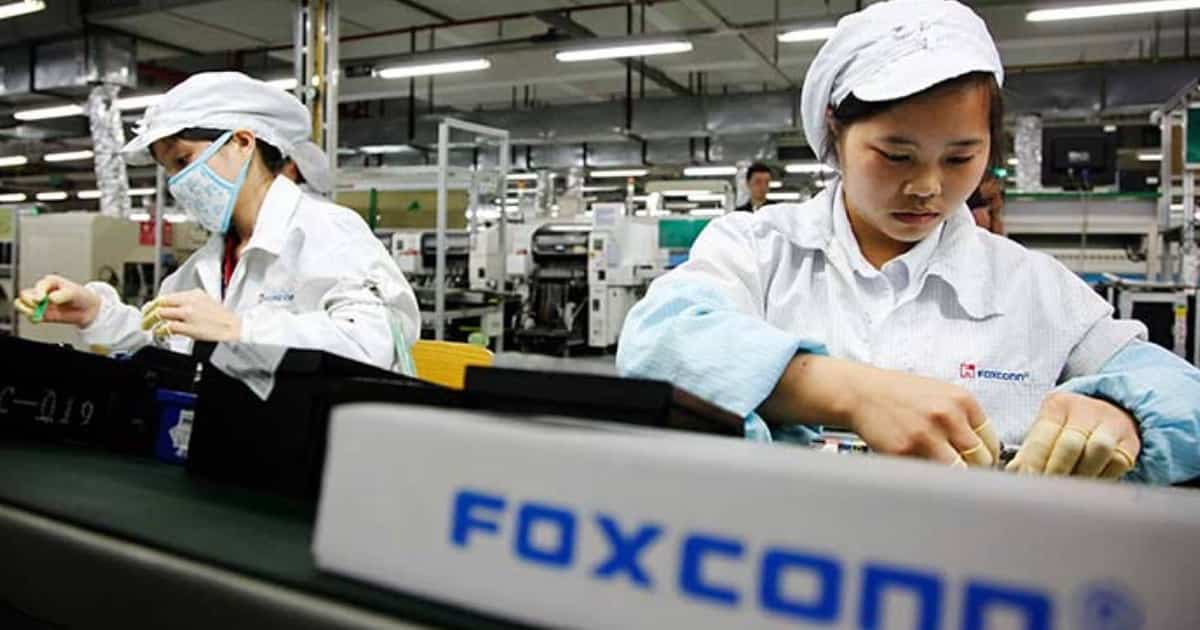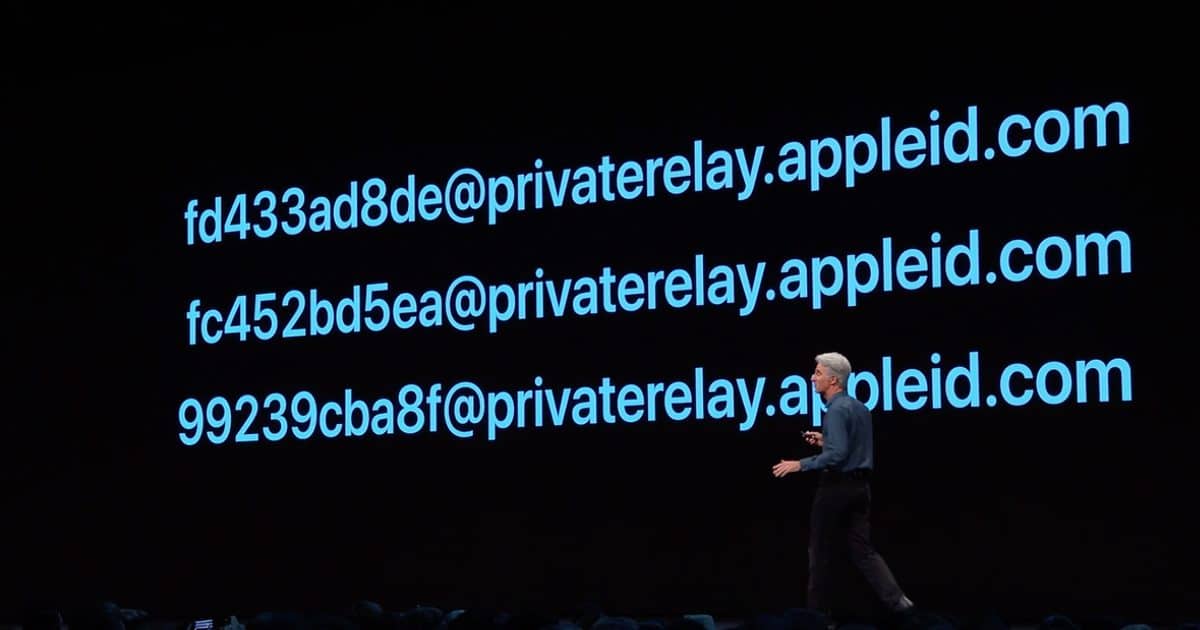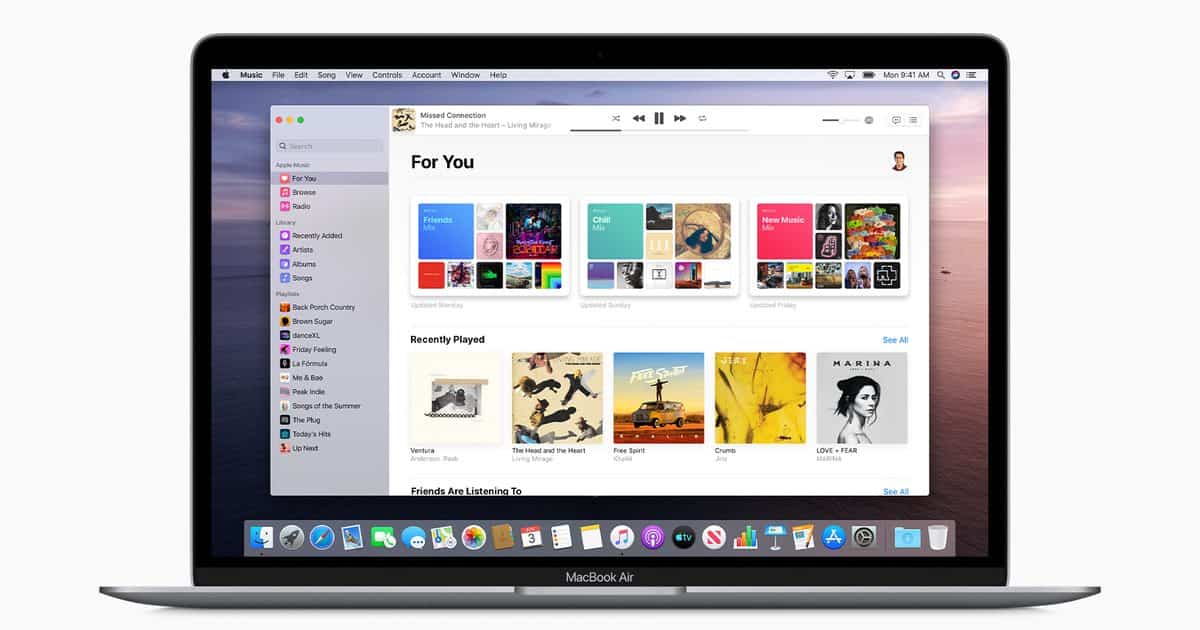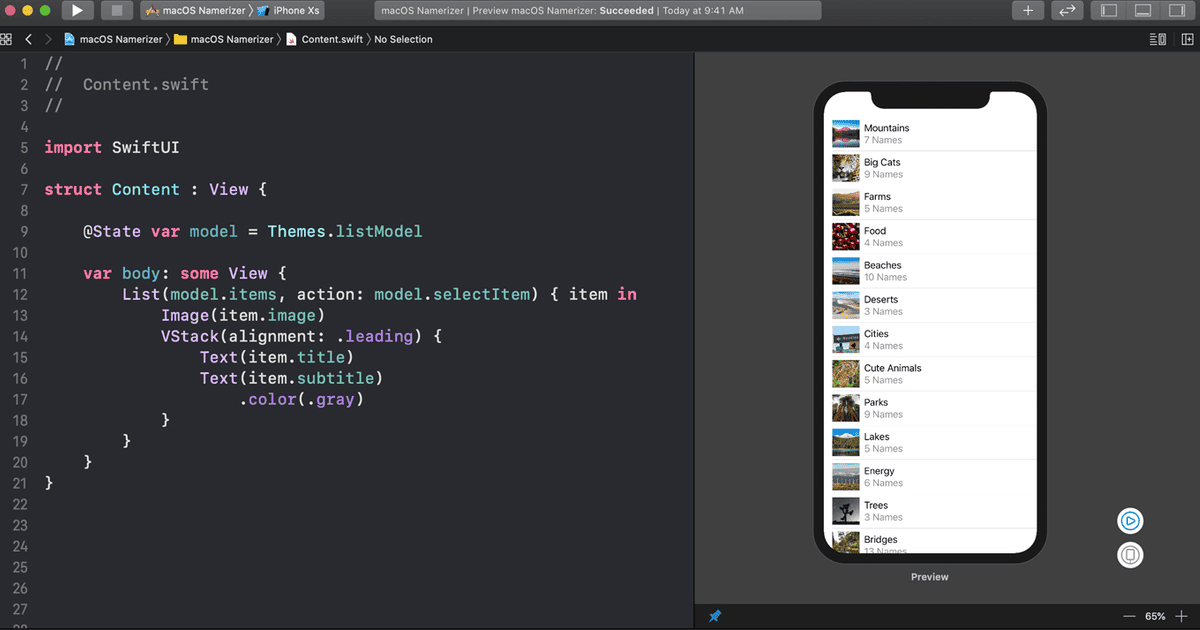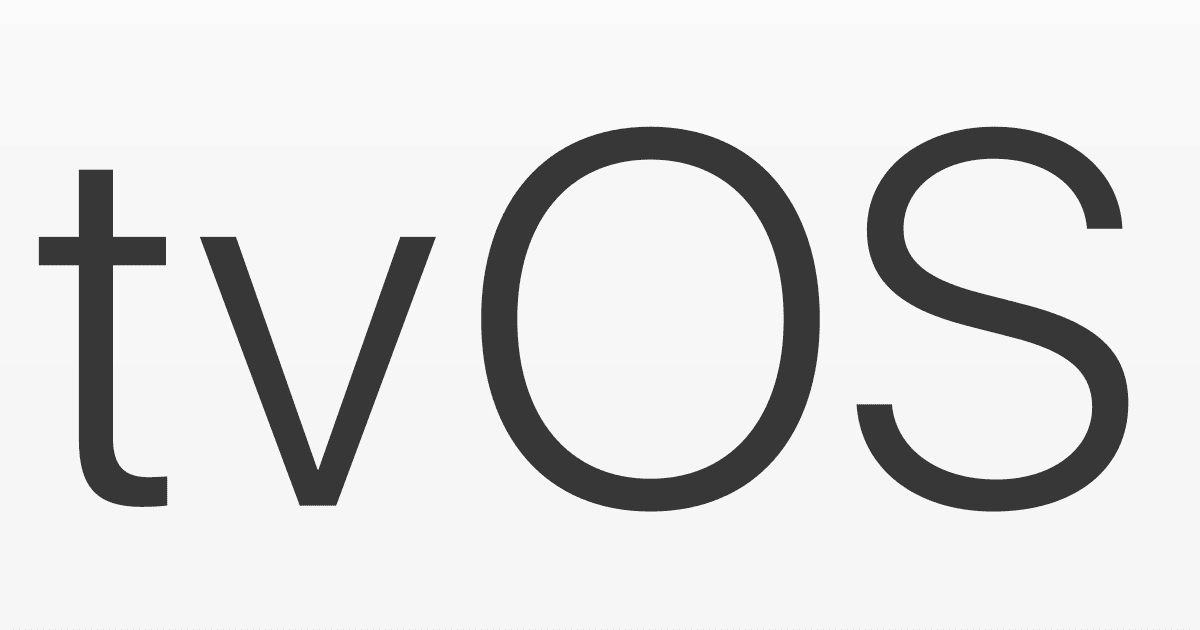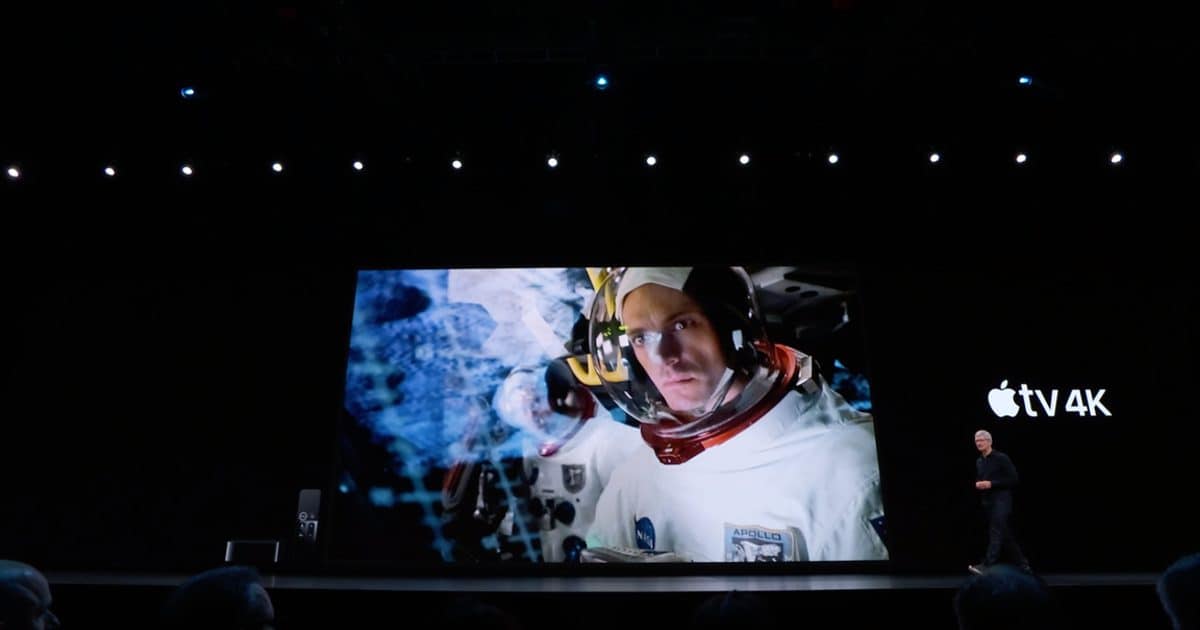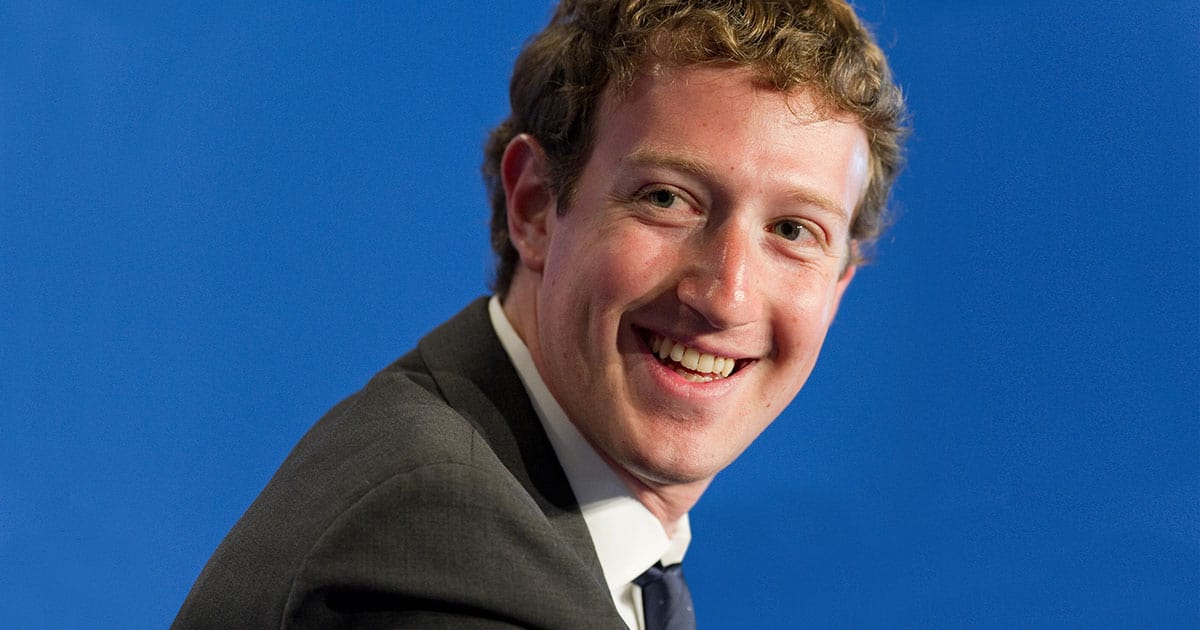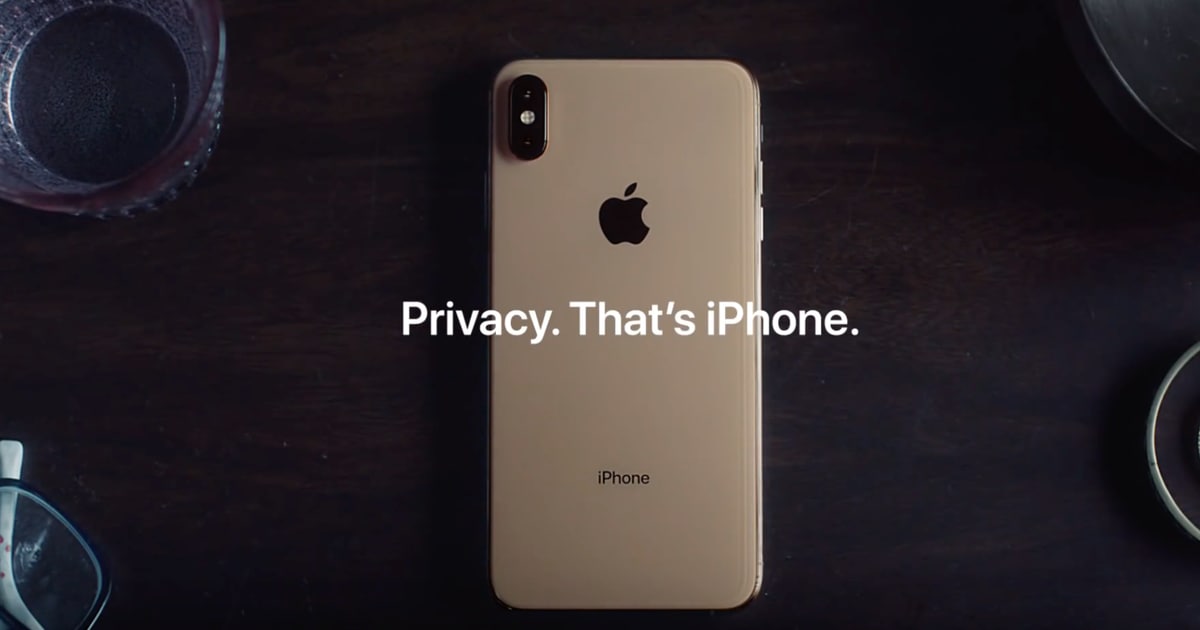Key Apple supplier Foxconn is moving 155 jobs from the U.S. to Mexico. They offshored jobs come from a factory located outside of Indianapolis, according to Reuters, who broke the news. It comes alongside continued criticism of the firm for failing to meet its job creation targets in Wisconsin.
The Taiwan-based electronics maker said in a filing in Indiana in November 2018 that it would lay off 155 workers at a computer factory outside Indianapolis, citing “changes in our business and production objectives.” The Labor Department in February determined that the jobs were eliminated because the company had shifted some production to Mexico, records obtained by Reuters through a Freedom of Information Act request show….The company told the Indianapolis Business Journal in November that the plant in Plainfield, Indiana, was operated by a subsidiary firm and added that the layoffs would not affect other Foxconn-related companies.

